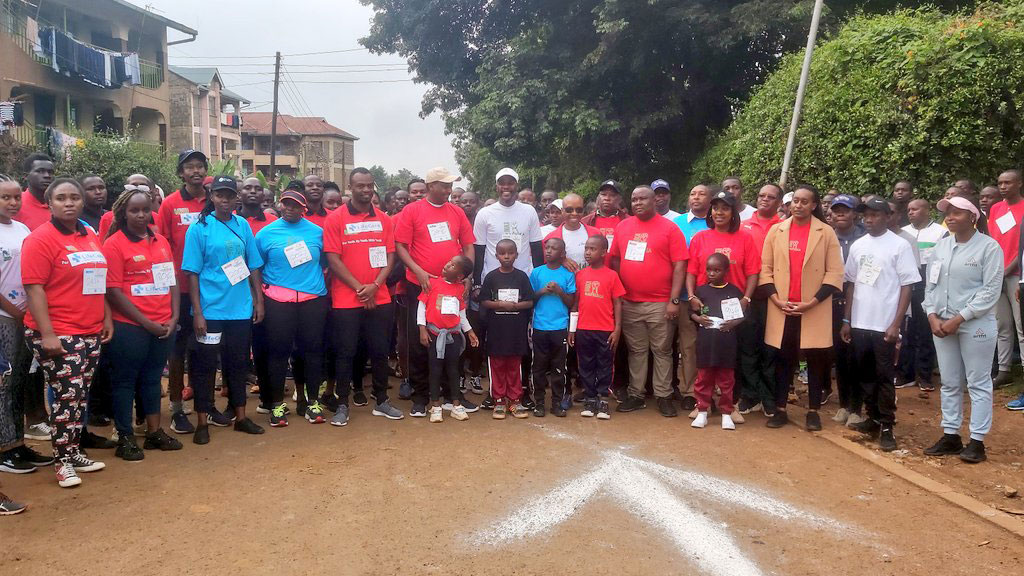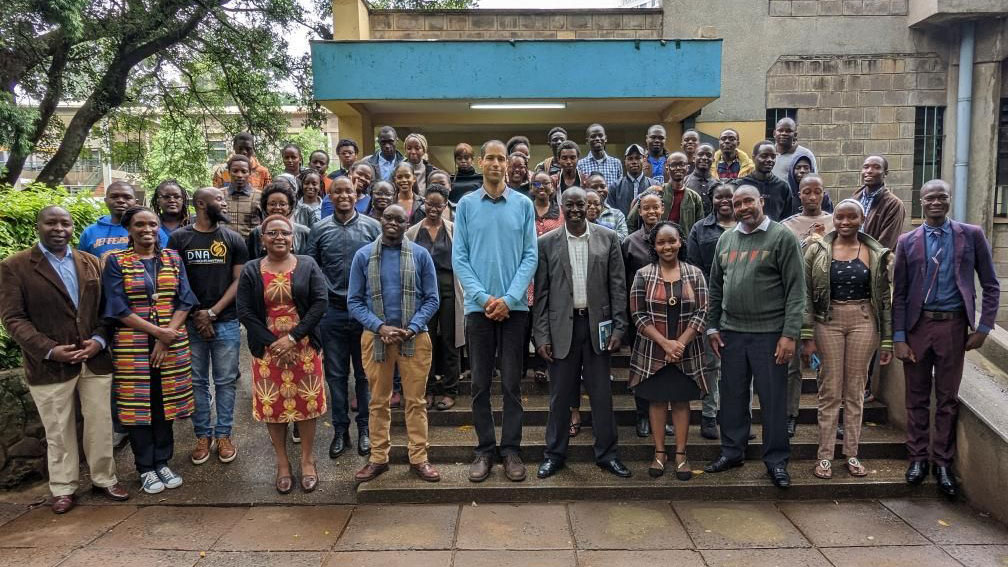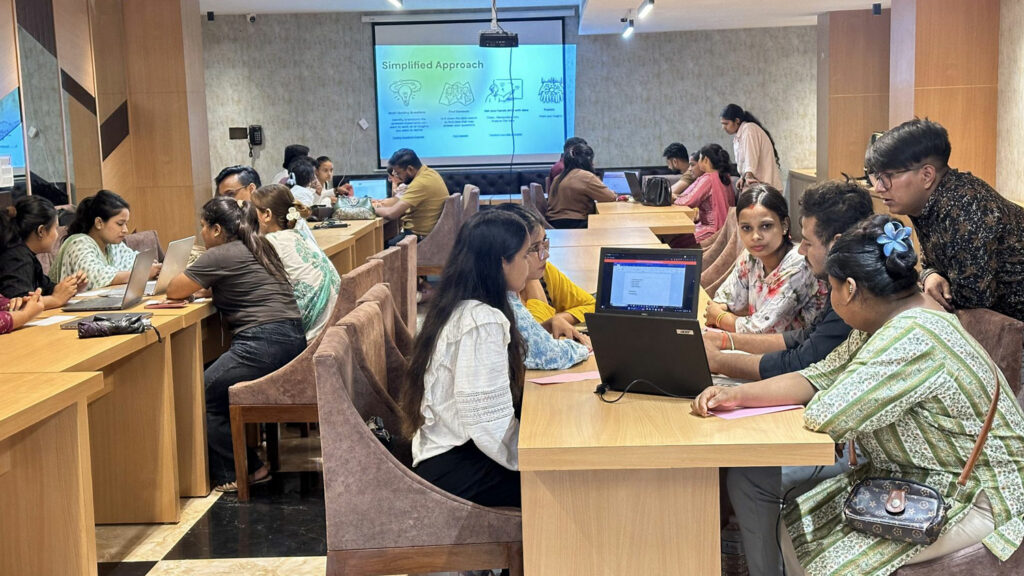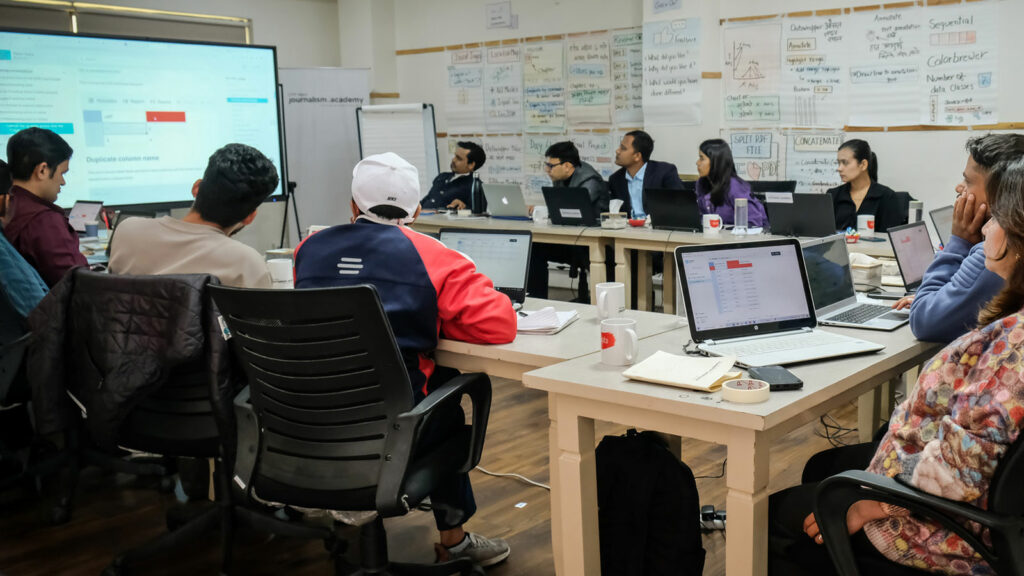
A group of data journalists from Nepal take part in an Open Data Editor training session. Photo: OKNP
The Open Knowledge Foundation (OKFN) is happy to announce the release of Open Data Editor (ODE) 1.4.0, the latest version of our new desktop application for data practitioners to detect errors in tables.
ODE is an easy-to-use, open-source alternative to proprietary data wrangling tools, designed for accessibility and learning – no coding skills required. It finds common spreadsheet errors before you start your analysis, runs on any machine, works offline, respects your privacy, and keeps you in full control of your data, with no vendor lock-in. It also comes with a free online course that can help you make your datasets better, therefore making your life/work easier.
In the short time since the first stable release in December 2024, the application has already had a significant impact among civil society organisations, activists, data journalists and public servants in all parts of the world. Read more about the impact and some use cases here.
Installation
If you have the Open Data Editor’s previous versions installed on your computer, please note that the update will not be done automatically. You will need to download it again using the links in the buttons below.
↪ Take the course: Learn how to use ODE
What’s New
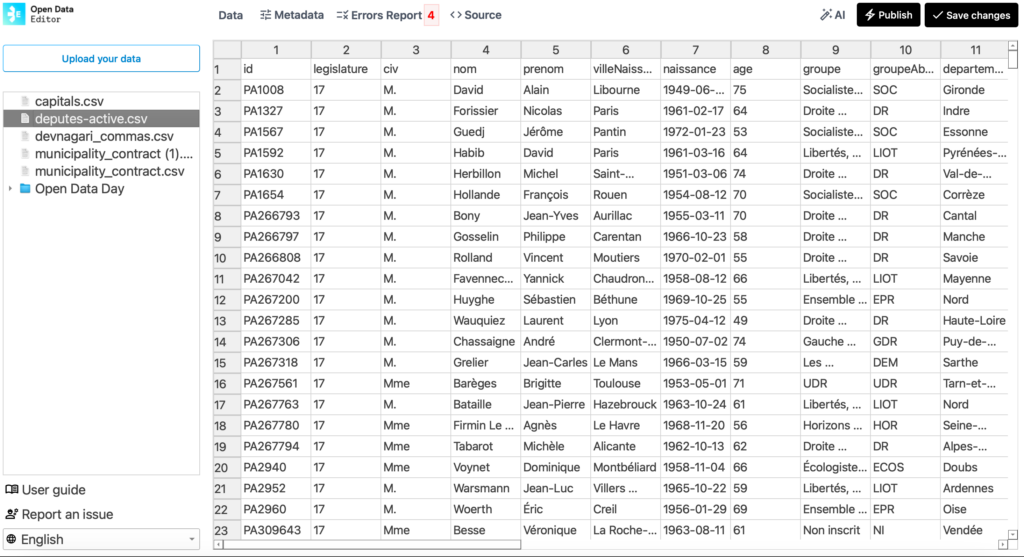
The new main screen (this one above from the macOS version) now allows infinite scrolling, among other improvements
ODE has been migrated to a different architecture, which significantly improves the user experience and adds features that have been identified as essential in the various feedback sessions and pilots we have been running over the last few months.
⚙️ New Architecture: Built on PySide6 (a simpler framework), it facilitates a more agile work around improvements and changes.
♾️ Infinite Scroll: We removed pagination. Now you don’t have to click to move to the next page and explore data in full. The new version incorporates infinite scroll to help you navigate your tables.
⬇️ Easier Download: We made communication improvements to help you download ODE without going through GitHub. The ODE now has a brand new landing page with everything you need to know to use the app.
✅ Built-in Error Correction: You can now correct errors directly from the Errors Report panel, while in the past this feature just offered an overview of all errors grouped by categories.
🕵🏽♀️ Direct Error Detection: Now files are read and validated directly when you click on them. This increases the speed with which you can detect errors in your tables (but can cause a slower experience when working on big files).
👓 Clearer View: The main Datatable View is now an accurate representation of the file contents, and column names are no longer a mix of data and metadata as before.
Features to simplify your work
The Open Data Editor isn’t another complex data tool – it’s your shortcut to better data and improved data literacy.
Here are a few tasks that ODE 1.4.0 can help you with:

Detect errors in spreadsheets in a matter of seconds

Check if the data formats in your columns are correct

Learn data skills with an intuitive tool
Here is how organisations across the world are using ODE:
2025: A New Phase for the Open Data Editor
After a complete overhaul of the app’s objectives last year, the tool has been in a new phase of development since the beginning of 2025. Our goal this year is to improve accessibility and enhance digital literacy through no-code tools like ODE.
That’s why we are simplifying its architecture, improving the way metadata and errors are communicated, and intensifying pilots and socialisation activities to encourage ODE’s adoption among people and groups without coding skills.
Improvements in the artificial intelligence integration will be another key focus for this year: our team will seek to replace the current model, based on OpenAI, with an open, local model with open source LLMs.
What’s Next
The new version 1.4.0 represents a major milestone in improving the Open Data Editor experience and performance. But, of course, we still have a long way to go to enable anyone, regardless of their educational background, to improve the quality of their data and therefore improve their data literacy.
Here are some issues that will be addressed in the following releases:
🎛️ Metadata Panel: We realise that this feature isn’t intuitive enough for people without coding skills. Many people reported being afraid to change the metadata parameters out of unfamiliarity – something the app still doesn’t help with. In the next few months, we will combine this feedback with a complete UX assessment by an external consultant.
⬆️ Publishing Feature: Publishing data after it has been cleaned is a powerful feature of ODE, but it still doesn’t work fully. For now it’s only possible to publish data on GitHub, and we’ll be working over the next few months to enable publishing on data portal software such as Zenodo and CKAN.
🗣️ More Feedback: Following our The Tech We Want vision, we want to develop technology that works for people and is good enough to solve real-world problems. With the 1.4.0 version now released, our team will now step back from our desks to listen again to people and organisation’s needs in a new phase of user research.
In addition to these main areas, we will also work on solving the issues listed in the project roadmap.
If you have any questions or want any additional information about ODE, you can contact us at info@okfn.org.
Funding
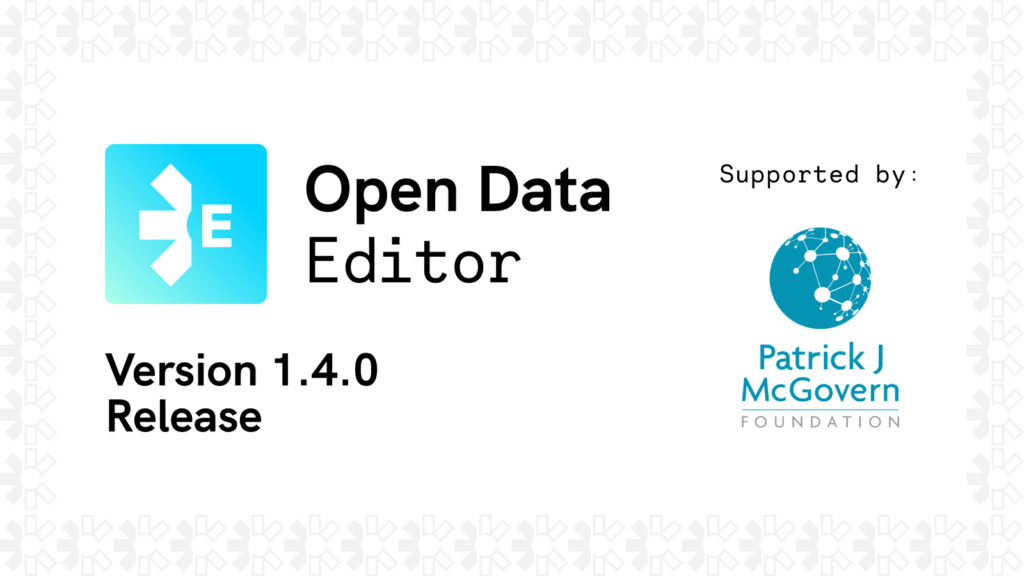
All of Open Knowledge’s work with the Open Data Editor is made possible thanks to a charitable grant from the Patrick J. McGovern Foundation. Learn more about its funding programmes here.

